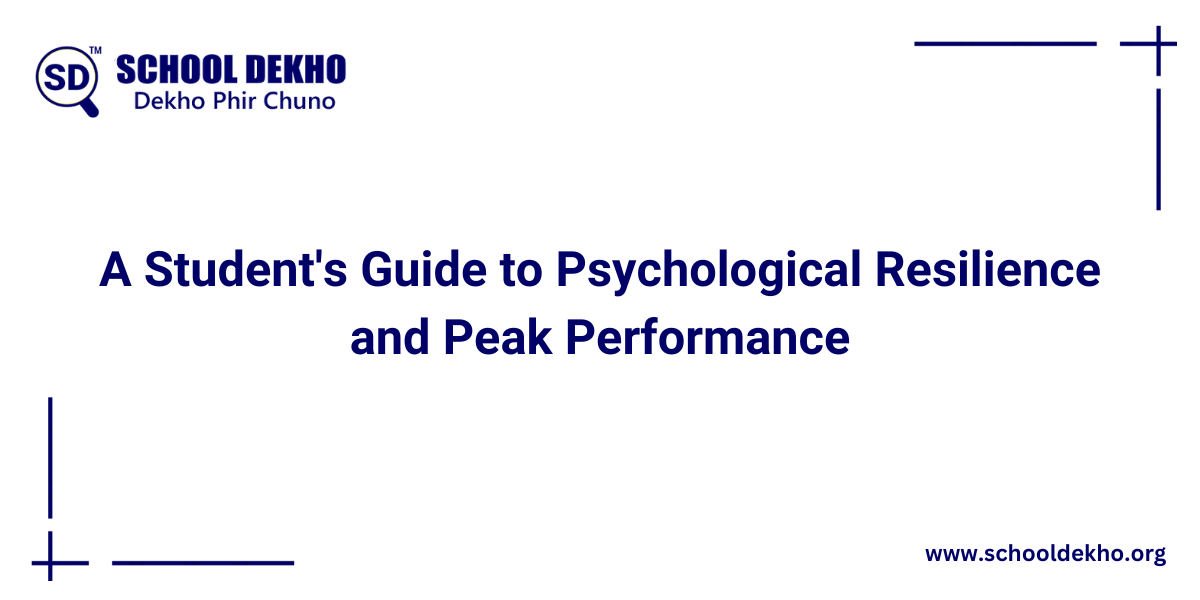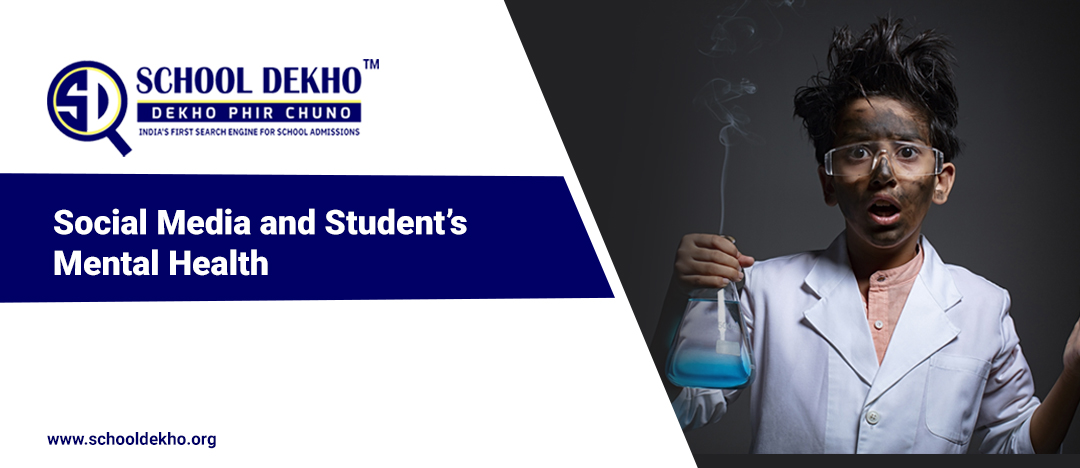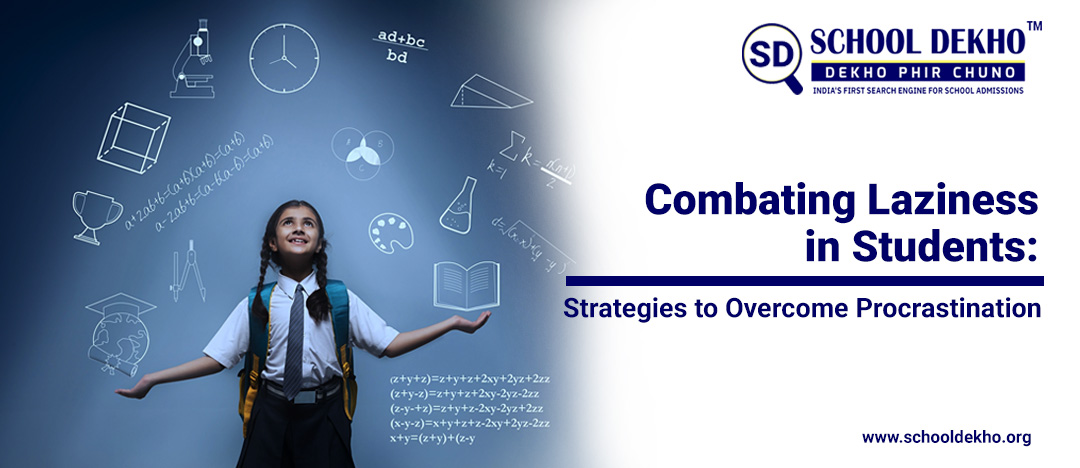
Pressure-Proof: A Student's Guide to Psychological Resilience and Peak Performance
Whether you’re hunkered down in your Boston dorm room at 3 AM, crushing coffee cup number four, or studying in one of the best coworking offices Melbourne has to offer, exam pressure is one hell of a hammering force. We've all been there, watching our phone clock tick mercilessly forward while our productivity seems stuck in reverse.
Here's what decades of psychological research and countless student experiences tell us: academic excellence isn't just about intelligence or study hours—it's about building psychological resilience. And no, this isn't another "just breathe deeply" lecture (though that certainly doesn't hurt). Instead, we’ve got some simple, science-backed steps you can take to boost your psychological resilience and sail through exam season with a little more style.
Understanding the Pressure Cooker
Academic stress is particularly sneaky because it combines multiple pressure points: performance anxiety, time management challenges, social comparison, and often financial concerns. It's like juggling knives while riding a unicycle…on a tightrope…over a canyon.
Over time, this stress can affect everything from sleep quality to cognitive function, creating a rather inconvenient cycle of diminishing returns. So, what can you do about it?
Building Your Psychological Armor
Psychological resilience isn't a genetic lottery win—it's a skill set we can develop. To get there, your first step is to embrace the power of strategic discomfort. Just as athletes build physical strength through controlled stress, we build mental toughness through calculated challenges. Start with small, manageable tasks that push your comfort zone, like speaking up in class or tackling that one subject that makes your brain hurt.
Next, develop your metacognitive awareness—fancy speak for understanding how you think and learn. Notice when you're catastrophizing ("If I fail this test, my entire future is doomed") or falling into perfectionist traps ("Anything less than an A+ is failure").
These thought patterns are weirdly tempting, despite how damaging they are. However, the trick to eliminating them is simple: simply notice and name them when they arise. Weirdly, this act of observation is usually enough to stop the unhelpful thought in its tracks.
Performance Under Pressure: The Strategic Approach
High performance isn't about being "on" 24/7—it's about strategic energy management. Think of your mental energy like your phone's battery: some apps drain it faster than others, and you need regular recharging.
Create study environments that work with your brain, not against it. Some people thrive in bustling cafés, while others need library-level silence. There's no universal "best" approach, despite what that one overachieving classmate might insist.
Build your resilience even further by adding a pre-performance routine to your schedule. Professional athletes have them, and so should students. Whether it's organizing notes in a specific way, using particular study spots, or listening to certain music, routines create predictability in unpredictable situations.
The Social Component
Isolation is academic kryptonite. Build a support network of peers who understand your challenges. Study groups, when focused, can be incredibly effective—not just for learning, but for maintaining perspective. Sometimes you need someone else to point out that no, that B+ won't actually end your life.
Recovery and Renewal
High performance requires strategic recovery periods. To give yourself the care you need, schedule deliberate breaks—real ones, not the "I'll just check social media for three hours" kind.
Exercise, sleep, and social connections are also essential maintenance for your mental machinery. So treat yourself to plenty of each.
The Long Game
Building psychological resilience is a life-long endeavor. It's about developing sustainable habits and mindsets that will serve you through your academic career and in future professional challenges.
If you’re feeling tired, stressed, and honestly kind of over all this study, remember that the most successful students aren't the ones who never feel this level of pressure—they're the ones who learn to work with it. With practice, patience, and perhaps slightly less caffeine, you too can develop the psychological resilience needed for sustained academic success.







.webp)
.webp)
Leave your thought here
Your email address will not be published. Required fields are marked *